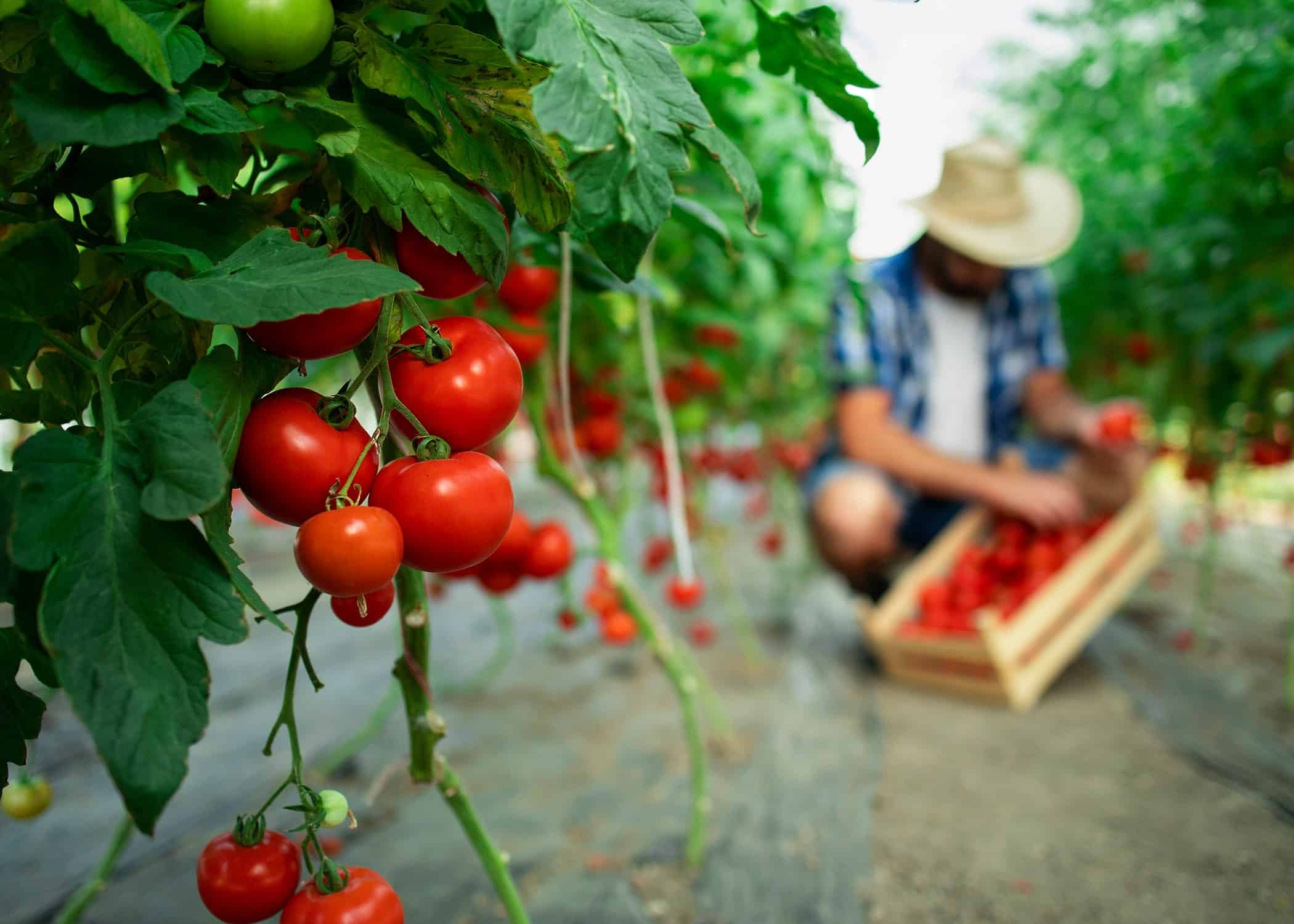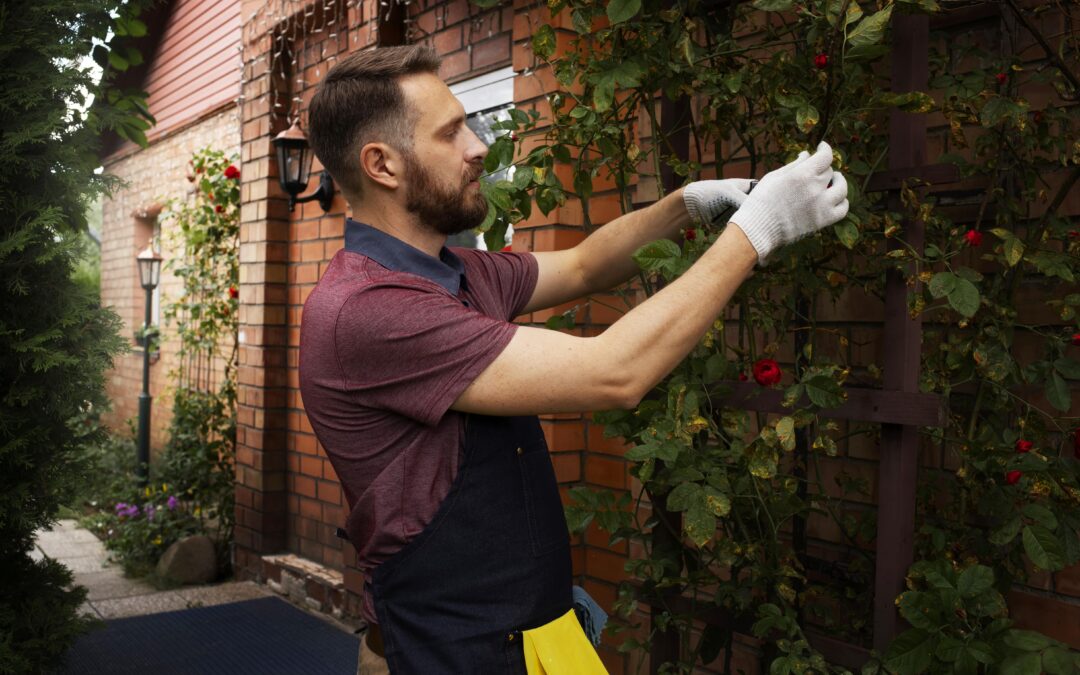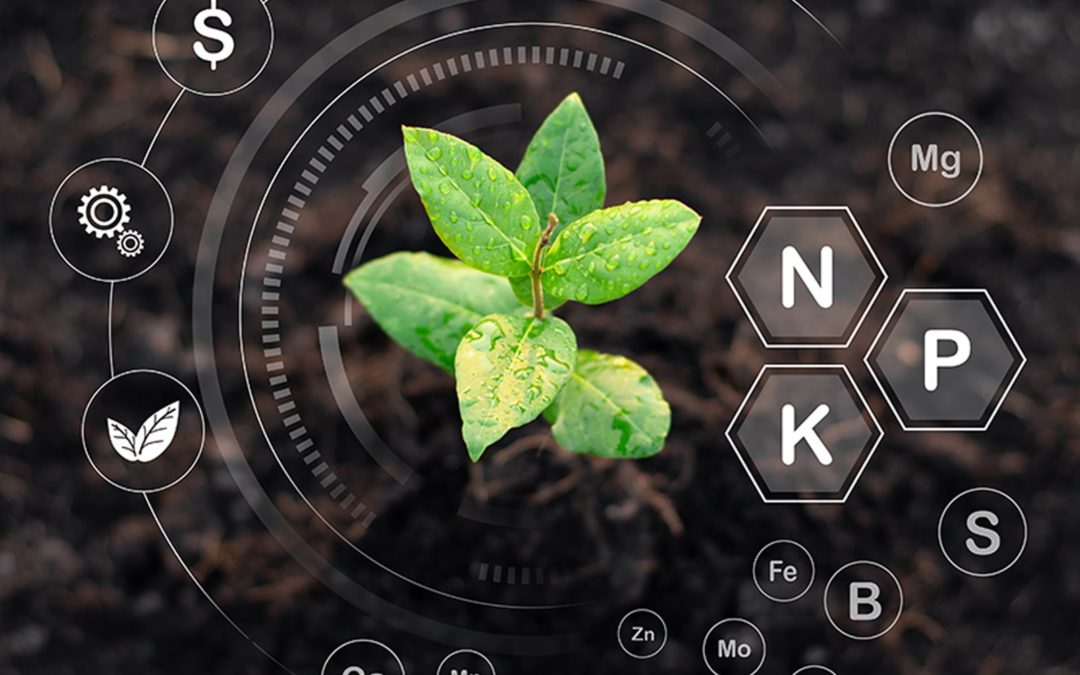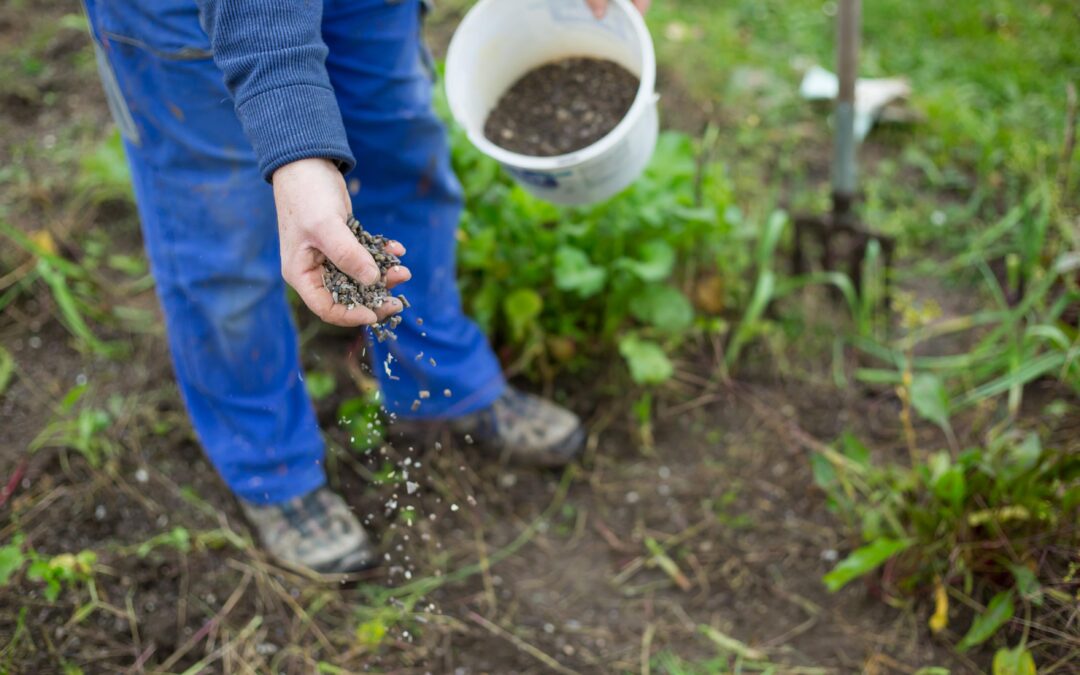Bone powder is recommended for tomatoes and various other vegetable plants as an organic & natural supply of nutrients, especially phosphorus. Tomato plants flourish when produced in nutrient-rich, natural and organic soils and require ample phosphorus to produce high quality fruit. When utilized correctly, bone powder can aid sustain strenuous tomato plants. But making use of bone powder might offer some degree of threat, particularly if you use way too much or if you utilize it when the soil doesn’t require it.
How is Bone Powder made?
Bone powder is derived mainly from results of the livestock and meat we consume. Bones are usually crushed/ steamed after that ground into a powder or a granular product for garden use. Bone powder has a percentage of nitrogen, modest calcium and modest to high amounts of phosphorus when made use of as a natural plant food. These are usually released into the soil more gradually than many artificial fertilizers. One application per period is typically adequate.
Learn more about Organic Gardening and how to effectively use Bone Powder in your garden.
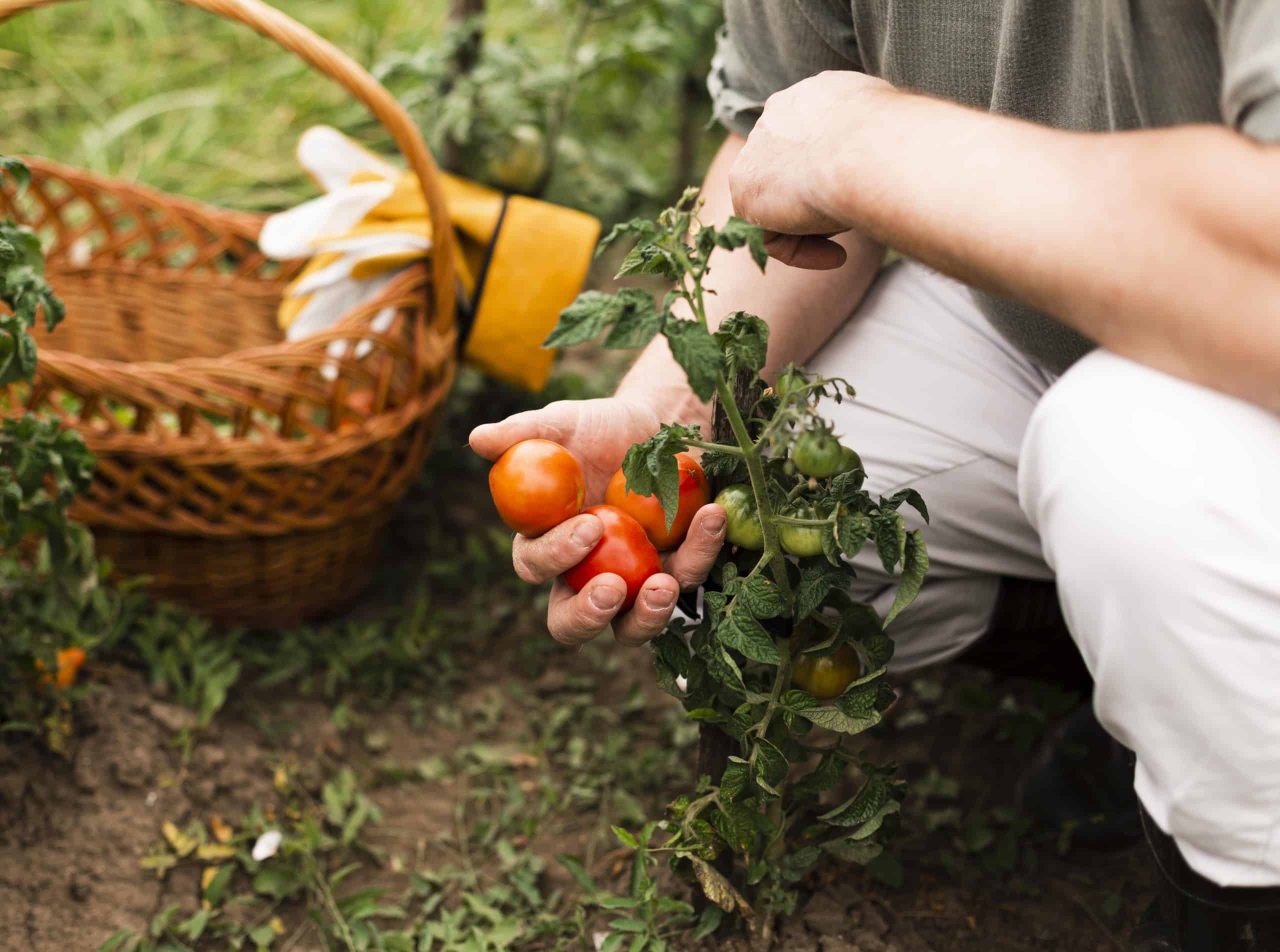
Soil Conditioning
Before planting tomatoes or adding bone powder to your soil, carry out a complete soil test using a test from a garden facility or soil screening solution in your area. Tomatoes like slightly acidic soil with a pH of 6.0 to 6.8 that is rich in organic matter and well-draining soil. Readjust soil composition that is also acidic with lime and those that are alkaline with sulfur products, according to examine report recommendations. If your soil is sandy or clay-dense, include organic matter, like decomposed garden compost or vermicompost, before growing tomatoes to stabilize drain issues and add supplemental nutrition.
Phosphorus Content in Soil
If your soil examination record reveals a phosphorus or calcium shortage, you can add The House Of Terra’s organic bone powder to your tomato plants area. The “P” component you may see on a bone powder fertilizer label is Phosphorus. The worth can range from 10 to 13 percent or more. Tomatoes require calcium to create healthy fruit, specifically to stand up to the typical condition, blossom-end rot. Together with the pH modifications and natural soil conditioning using bone powder you have added, good bone powder supplements will support healthy, balanced and juicy tomatoes.
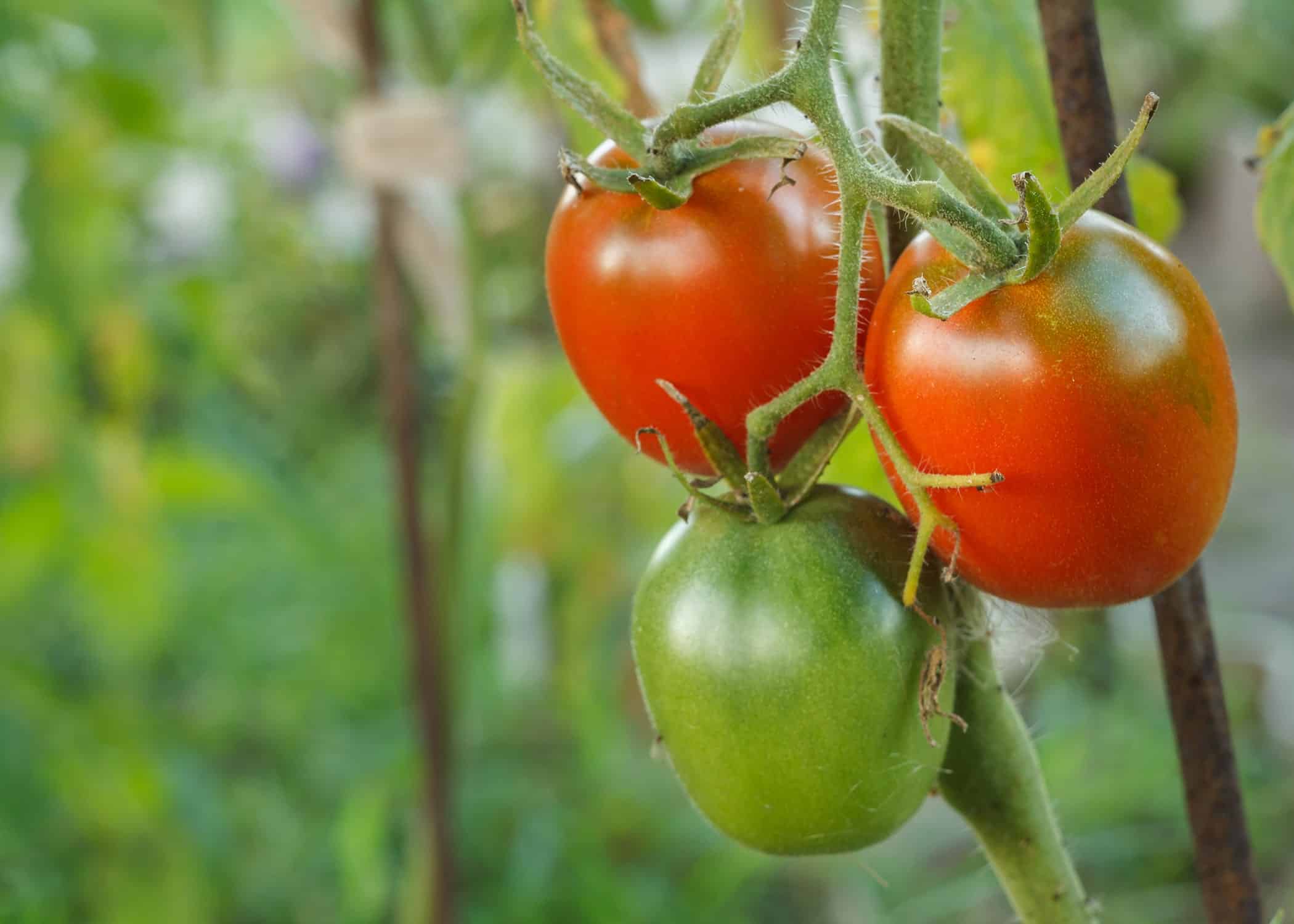
Using Bone Powder with caution
Although bone powder is a natural plant food, using it is not risk-free. Phosphorus can accumulate in your soil with too much use of bone powder. High levels can skew the equilibrium of useful soil germs, possibly damaging tomato plants rather than helping them. Furthermore, excess phosphorus can seep right into soil water content and harm the water stream and river, leading to dangers of marine life. Use bone powder with caution after doing soil testing and when you’re sure the soil and your tomato plants needs it.

